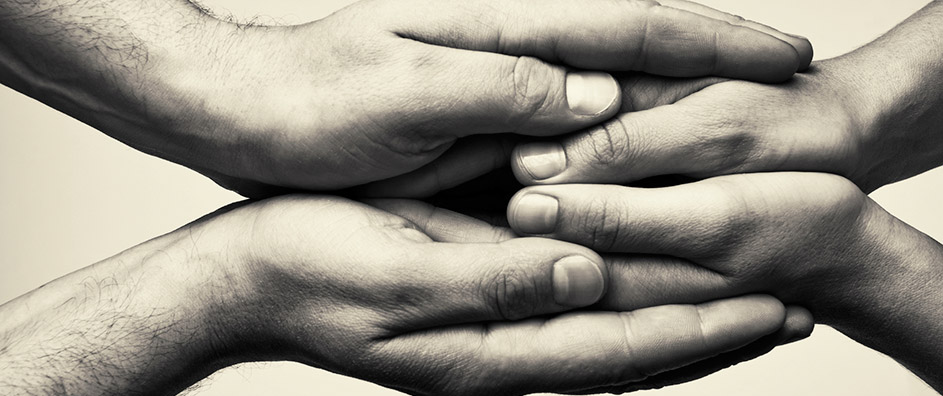The Bahá’í teachings present a multifaceted framework for addressing the grave issue of genocide—an atrocity that not only decimates communities but also undermines the very fabric of the human family itself. The Bahá’í perspective emphasizes the unity of humanity, urging individuals and communities to respond to injustice, oppression, and violence with proactive measures rooted in compassion, solidarity, and collective action. This article explores the Bahá’í approach to confronting genocide, weaving together key principles of its teachings while analyzing the implications for individuals, communities, and the global landscape.
The Concept of Oneness in Humanity
One of the paramount teachings within the Bahá’í Faith is the concept of the oneness of humanity. This principle posits that all people, regardless of race, nationality, or creed, are fundamentally interconnected members of a single human family. Such a perspective reframes the dialogue surrounding genocide, urging individuals to recognize their intrinsic responsibility towards their fellow beings. Rather than viewing distant tragedies through the lens of abstract statistics, Bahá’í teachings advocate for empathy—encouraging a shift from a passive observance of suffering to active engagement in alleviating it. This calls for transcending geographical and cultural boundaries, fostering a sense of shared responsibility that encompasses both local and global contexts.
Understanding Genocide Through Historical Contexts
To effectively respond to genocide, it is imperative to comprehend its historical underpinnings. Throughout the annals of human civilization, atrocities have often stemmed from deep-seated prejudices, unfounded fears, and systemic inequalities. Historical analyses afford insights into the precursors of genocide, highlighting how dehumanization not only facilitates violence but also enables individuals to disengage from the moral imperatives that govern humane behavior. The Bahá’í teachings, particularly through their emphasis on education and the eradication of prejudice, illuminate pathways to dismantling the ignorance that frequently precedes such heinous acts. Educating individuals about the value and dignity of all human lives rests at the very heart of preventive measures against genocide.
Ethical Imperatives and Collective Responsibility
Bahá’í teachings assert a collective ethical responsibility that transcends individual action. The principle of “consultation,” a core tenet of the Faith, emphasizes the importance of collaborative decision-making within communities. This consultative process mitigates divisiveness, facilitating dialogue that engenders a deeper understanding of issues relating to injustice and genocide. Through this lens, individuals are encouraged not only to engage in discourse surrounding prevention and intervention but also to mobilize resources to support those affected. The galvanizing power of community can serve as a bulwark against the tides of hatred and indifference.
The Role of Institutions and Global Governance
Institutions, both local and international, must play an indispensable role in the response to genocide. The Bahá’í teachings promote the establishment of equitable systems that prioritize justice, accountability, and reconciliation. These principles offer a blueprint for a just society where the mechanisms of governance are aligned with ethical imperatives. In this regard, Bahá’í writings advocate for the strengthening of international frameworks capable of intervening before genocidal actions escalate. The establishment of global bodies that embody the principles of unity and justice is critical for ensuring that collective efforts to prevent genocide are not only reactive but also preemptive.
Concrete Actions and Advocacy
Responding to genocide necessitates tangible actions that extend beyond mere rhetoric. For Bahá’ís, advocacy forms a crucial aspect of their response. Engaging in humanitarian efforts, supporting policies that promote justice and equality, and fostering interfaith dialogues all serve as practical manifestations of their commitments. This multifaceted activism seeks to confront the systemic issues that give rise to violence, emphasizing prevention rather than rehabilitation alone. Such proactive measures can catalyze societal change, galvanizing communities to uphold the principle of the oneness of humanity in all aspects of life.
Building a Culture of Peace and Solidarity
Lastly, the aspiration to respond to genocide involves cultivating a culture of peace and solidarity. The Bahá’í teachings encourage individuals and communities to foster environments where mutual respect and compassion prevail. Promoting platforms for intercultural exchange and understanding can dismantle the misconceptions that breed animosity. The journey toward a more harmonious world requires sustained efforts to nurture dialogues that highlight common values and shared human experiences. In this way, the Bahá’í Faith underscores that the struggle against genocide is not merely a confrontation with hatred but also a celebration of humanity’s potential for love and unity.
Conclusion
The Bahá’í teachings provide a profound and comprehensive response to the tragedy of genocide, urging humanity to awaken to the ethical imperatives of solidarity and justice. By prioritizing the oneness of the human family, fostering collective responsibility, and advocating for peace, individuals and communities can transcend the boundaries that divide them. As the world grapples with the specter of genocide, it is incumbent upon each of us to heed the call to action embedded in these teachings, transforming our awareness into meaningful interventions that illuminate the path toward a more just and united world.
